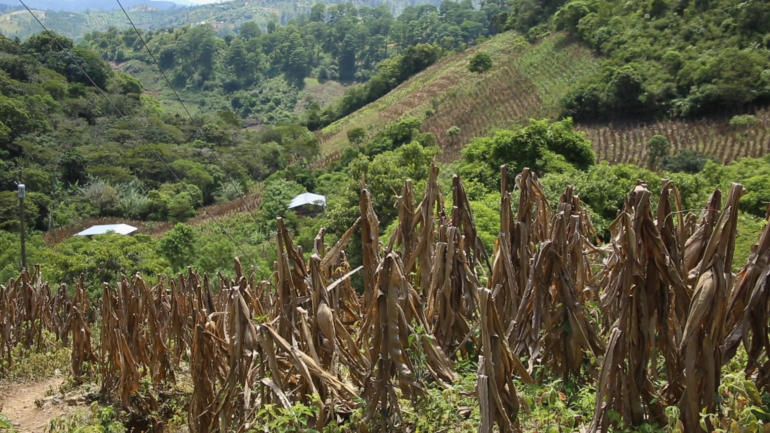The COVID-19 pandemic took the spotlight away from Earth Day’s 50-year celebration on April 22nd.
Though environmentalists and climate activists see this as a demonstration that when there is enough political will, strong and rapid actions can be taken to mitigate a problem.
The northern triangle of Central America is one of the poorest regions in the world and one that is most at risk of suffering the devastating consequences of both, COVID-19 and climate change.
Comprised of parts of El Salvador, Honduras and Guatemala, this region has been suffering severe drought conditions since 2012, exposing over two million people to food insecurity. People in the region have seen their way of life destroyed by devastating weather patterns, forcing them to abandon their homes.
For the region, this outbreak of COVID-19 created a perfect storm that could trigger more people to migrate to the north.
The pandemic uncertainties looming over every economy in the world placed them in a more dire situation.
Before the COVID-19 outbreak, Correspondent Harris Whitbeck went to El Salvador to talk with several families suffering the devastating effects of years of drought that have left them on the brink of losing their livelihoods.
 CGTN America
CGTN America Small farmers in Central America lost their harvest
Small farmers in Central America lost their harvest
